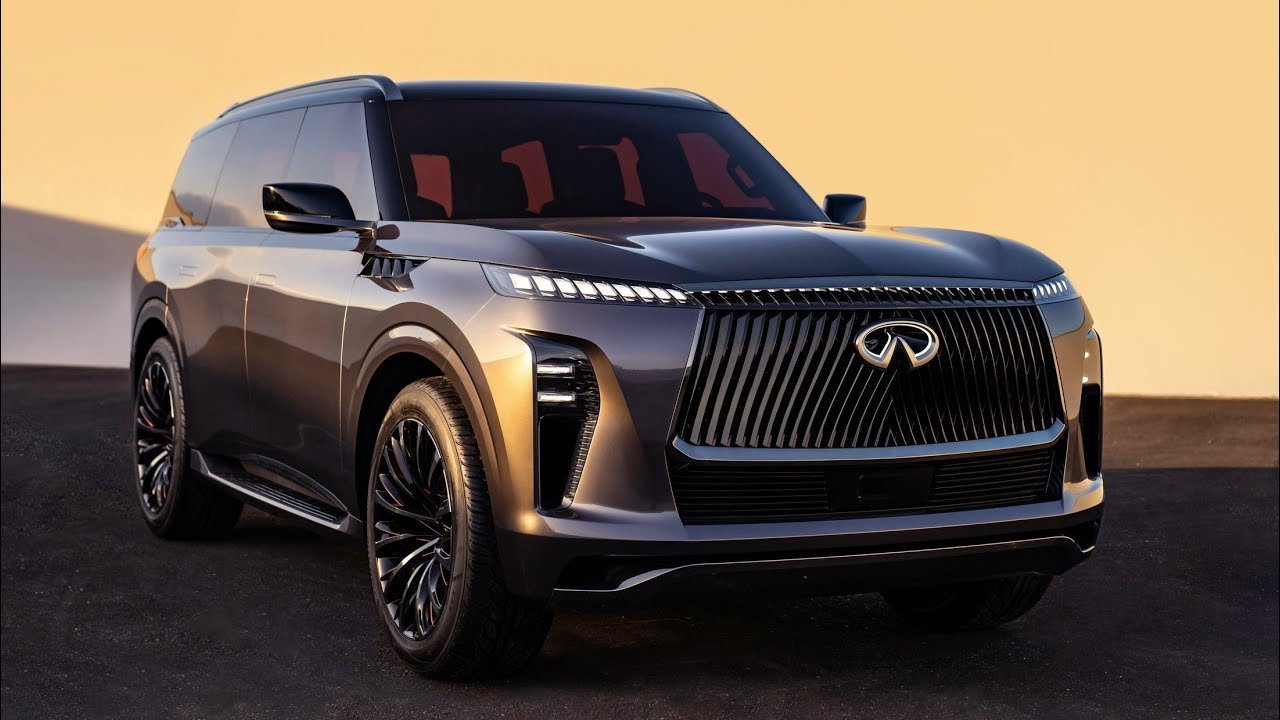
Key Takeaways
- Finding the right car is about balancing your budget with your priorities.
- Research and comparison are vital steps in the car-buying process.
- Considering new vs. used, financing options, and long-term costs can impact your decision.
- Utilize online resources and expert opinions to guide your purchase.
Table of Contents
- Assess Your Budget
- Define Your Needs
- Research Vehicle Options
- Weigh New vs. Used Cars
- Consider Financing Options
- Evaluate Long-term Costs
- Visit Dealers and Test Drive
- Make an Informed Decision
Introduction
Finding the right car is a significant decision that affects your daily life and finances. With countless options available, making an informed decision that aligns with your budget and needs becomes crucial. Whether in the market for a family-friendly vehicle or looking for something adventurous, this decision is about blending practicality with desire.
To start your journey, exploring the available options is essential. For those interested in luxury and performance vehicles, you can always browse Paretti vehicles for sale to see some premium models that might pique your interest and fit your criteria.
Buying a car can often feel daunting, but with careful planning and research, achieving a rational balance between budget constraints and personal requirements is possible.
Assess Your Budget
Determining a realistic budget is the cornerstone of a successful car purchase. Start by looking beyond the sticker price to consider the total cost of ownership. Monthly payments should comfortably fit within your budget to avoid financial strain. Beyond the purchase price, include fuel, insurance, registration fees, and regular maintenance variables in your financial calculations.
Doing so helps you avoid unexpected expenses down the road. For a deeper understanding of managing car-related finances, exploring specialized resources like how much your monthly payment should be can be incredibly beneficial for long-term budgeting.
Related: Electric Cars for Kids: Buying Overview
Define Your Needs
Your lifestyle and daily requirements are critical in the type of car that suits you best. Are you looking for a spacious SUV to accommodate a growing family, or do you need a nimble, fuel-efficient sedan for city commuting? Consider vehicle size, passenger capacity, cargo space, and additional features like all-wheel drive, safety systems, and tech amenities. Understanding these needs helps narrow choices, saving time and effort while ensuring the selected vehicle ticks all necessary boxes for your daily life.
Research Vehicle Options

Once you have a clear picture of your budget and needs, research various vehicle options. Use various resources, including online platforms, expert reviews, consumer reports, and dealer websites. This research phase is crucial as it allows for comparing features, specifications, reviews, and prices across different models.
Understanding the pros and cons of each choice allows you to build a shortlist of potential vehicles that fit your criteria and financial limits. Reviewing diverse opinions and experiences through vehicle comparison guides can enhance your understanding, providing clarity and confidence in your decision-making process.
Weigh New vs. Used Cars
The decision to buy either a new or used car is a pivotal one with several key considerations. New cars present the allure of the latest technology, improved fuel efficiency, advanced safety features, and comprehensive warranties. However, they tend to depreciate faster than their used counterparts.
On the other hand, used cars can offer substantial value for money, potentially providing a broader assortment of features at a lower price point. Consider factors such as mileage, vehicle condition, and existing warranty coverage when leaning toward a used car.
Consider Financing Options
Financing is an integral part of the car-buying journey and requires careful consideration. Examine the different pathways available, such as auto loans, leasing schemes, or the option to pay in full with cash. Understand the nuances of each method, including interest rates, loan terms, and any additional fees.
A smart and well-informed financing choice can yield significant savings over the life of your car ownership. For practical advice and to explore potential strategies for financing your purchase, consider consulting resources on auto loan and leasing advice, which provide insights into making a financially sound decision.
Evaluate Long-term Costs
While the initial purchase price holds weight, assessing the long-term costs associated with a car can tip the scales between options. Variables such as fuel efficiency, insurance rates, regular maintenance, and potential repairs significantly determine overall affordability.
It’s not uncommon to find that a vehicle with a higher upfront cost could result in lower long-term spending due to reduced operational expenses. Exploring estimates of the total cost of ownership provides a clearer view of future financial commitments, helping you select a cost-effective car throughout its lifespan.
Related: Top Blunders to Avoid When Purchasing a New Vehicle
Visit Dealers and Test Drive

With your research nearing completion, the next step involves visiting dealerships for firsthand experience. This allows you to evaluate your shortlisted vehicles up close, scrutinizing factors such as build quality, comfort, and available options. A test drive is indispensable in assessing how a vehicle performs on the road and evaluating its comfort and overall driving experience.
During this phase, don’t hesitate to try multiple models and makes; the more vehicles you test, the better informed your final decision will be. It’s important to take your time, ask questions, and ensure your chosen car matches your expectations in practice and theory.
Make an Informed Decision
After thorough research, budget assessments, and evaluations, you’re poised to make a wise and informed choice. Trust your instincts and the comprehensive data you’ve gathered throughout this journey. Remember, the ultimate goal is to find a vehicle that meets your daily needs and enhances your lifestyle while remaining within your budgetary constraints. Approaching this decision with passion and practicality ensures that your new car will be a worthy investment, providing satisfaction and reliability for years.



